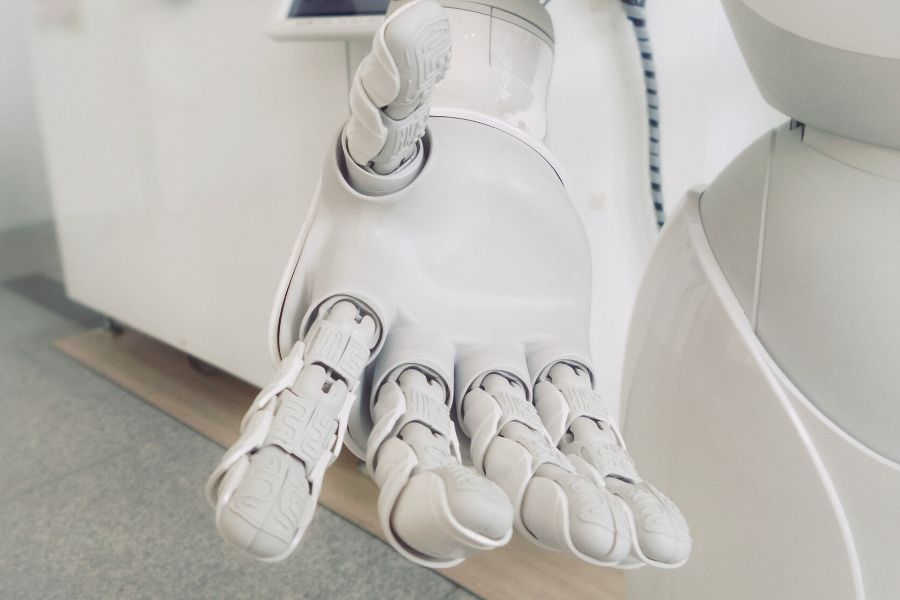
In the latest round of judicial reform of Chinese courts(from 2014 to 2017), China’s Supreme People’s Court (SPC) has been promoting the system of “similar judgments for similar cases,” in order to ensure the effective supervision of trial activities. The system of similar judgments for similar cases mentioned by the SPC means that judgment criteria should be consistent between a case that a judge is trying now and previous cases that have been concluded by the court concerned and the court at a higher level or other similar cases with guiding significance.
The SPC hopes to achieve the similar judgments for similar cases goal through artificial intelligence (AI) technology.
In the "Opinions of the Supreme People's Court on Implementing the Judicial Accountability System and Improving the Trial Supervision and Management Mechanism (For Trial Implementation)" (關于落實司法責任制完善審判監督管理機制的意見(試行)), the SPC requires that judges must conduct a search for similar cases and related cases before making a judgment to ensure that the judgment criteria of similar cases are consistent.
This practice is called the“Compulsory Similar CasesSearch and Reporting Mechanism”(類案強制檢索與報告機制). The SPC is considering adopting this mechanism because of its confidence in the big data and artificial intelligence (AI) technologies of Chinese courts.
For full text, please click here for our post titled ‘Why Are Chinese Courts Turning to AI?’ published in The Diplomat, on 19 January 2019.
Contributors: Guodong Du 杜國棟








